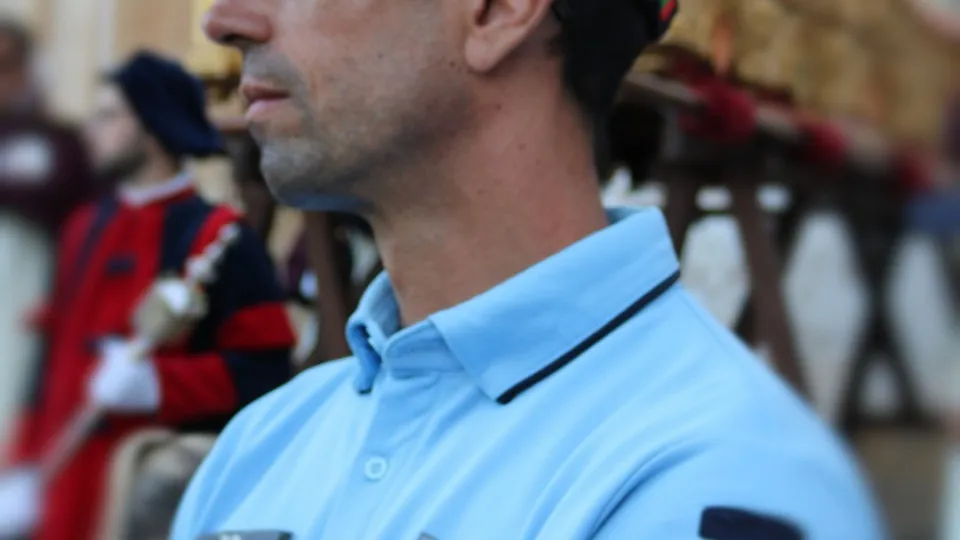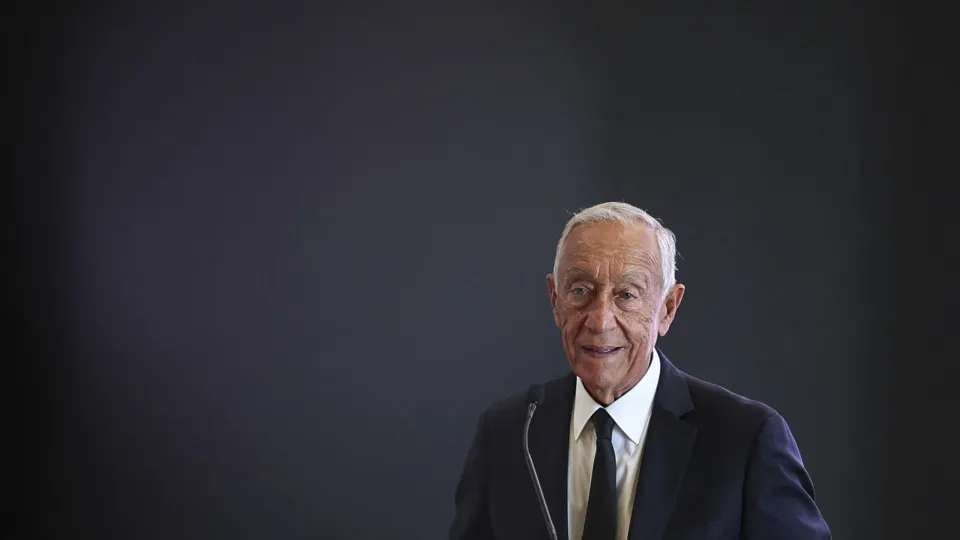
The body of the historian will be at the Alcabideche Funeral Center on Monday, starting from 12:00 PM, where a tribute will be paid at 4:30 PM, with the cremation ceremony scheduled for 6:00 PM.
António Borges Coelho, a professor, writer, researcher, and anti-fascist fighter, passed away today at the age of 97 in a health care facility on the outskirts of Lisbon, as confirmed by Editorial Caminho.
Born in Murça, Trás-os-Montes, on October 7, 1928, Borges Coelho was awarded the University of Lisbon Prize in 2018, an institution where he was both a student and a professor.
He graduated in Historical-Philosophical Sciences in 1967 from the Faculty of Letters at the University of Lisbon, where he obtained his doctorate in 1984 and taught from 1974 to 1994 in the Department of History, after being barred from teaching during the dictatorship.
In 1999, Borges Coelho was honored with the Order of Sant’Iago da Espada and, in 2018, received the Grand Cross of the Order of Liberty.
His bibliography includes poetry, fiction, essays, theater, and an extensive bibliography with notable works such as ‘As Raízes da Expansão Portuguesa,’ ‘A Revolução de 1383,’ ‘Portugal na Espanha Árabe,’ ‘A Inquisição de Évora,’ and seven volumes on the History of Portugal.
This year, he published a poetry collection titled ‘Poemas’ with Caminho.
Upon receiving the University of Lisbon Prize, the jury, chaired by then-rector António Cruz Serra, justified the award for his “singular path in Portuguese historiography” and “innovative work.”
Besides highlighting the “relevance of his scientific path,” and the fact that he was often persecuted “under adverse circumstances” during the dictatorship, the jury also emphasized the great erudition and accessibility of Borges Coelho’s work, and “his commitment to culture and language.”
In 2022, the Association of Journalists and Men of Letters of Porto honored the historian with the Rodrigues Sampaio Award, describing him as “a man of courage” and a “unique personality in culture and citizenship, author of an innovative and extensive work in the field of History, but also a luminous poet.”




